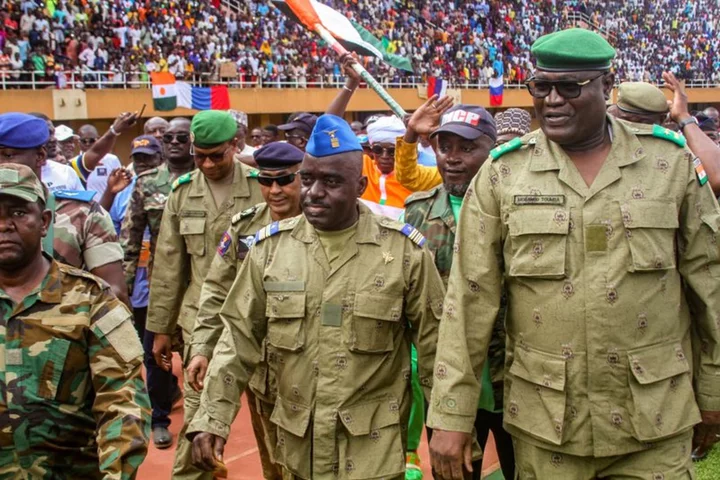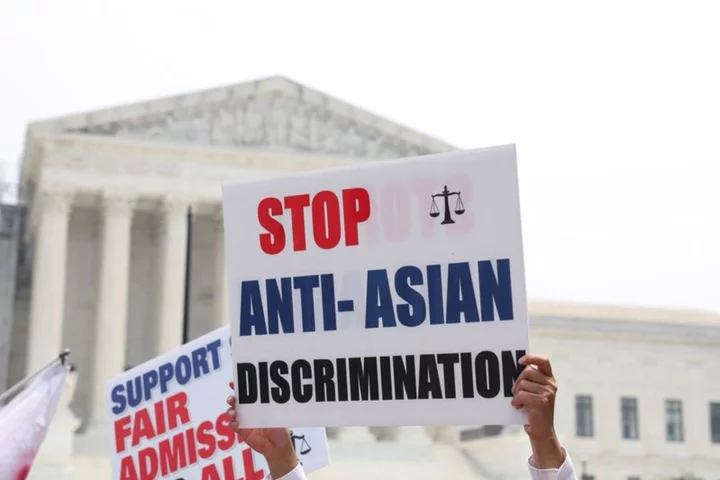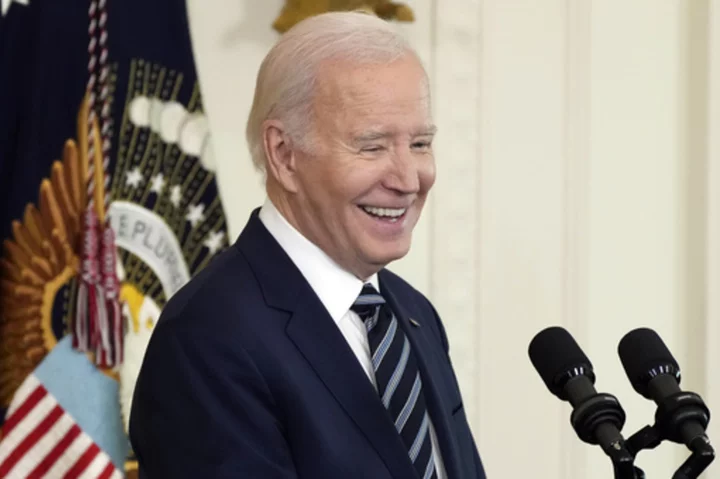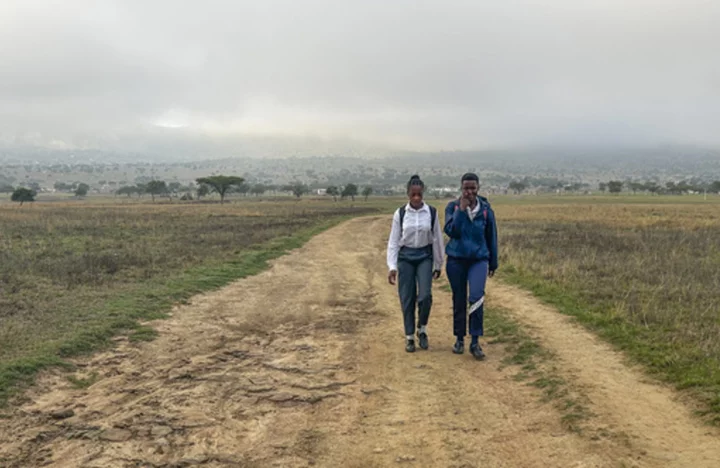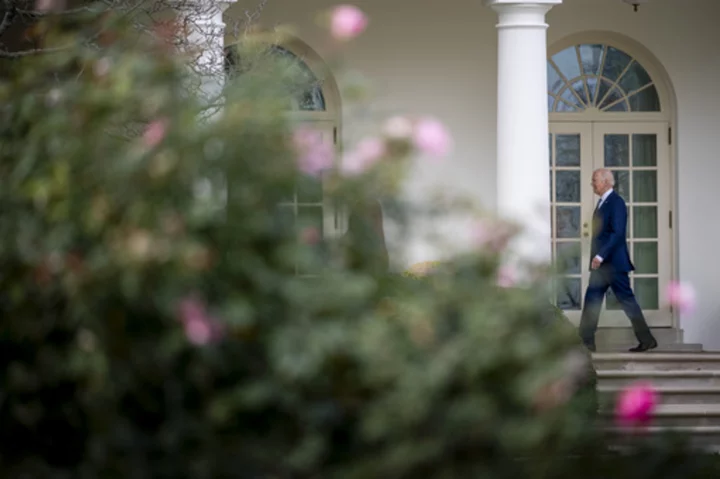By Boureima Balima and Abdel-Kader Mazou
NIAMEY (Reuters) -The United States on Tuesday backed efforts by West African countries to restore constitutional order in Niger after a July 26 coup and said that diplomacy was preferable to military intervention.
Heads of state from the Economic Community of West African States (ECOWAS) are preparing for a summit on Thursday to discuss their standoff with the Niger junta, which defied an Aug. 6 deadline to reinstate ousted President Mohamed Bazoum.
The possibility of military intervention will be on the table.
"There's no doubt that diplomacy is the best way to resolve this situation," U.S. Secretary of State Antony Blinken told French radio station RFI on Tuesday.
Under Bazoum, Niger was relatively successful in containing an Islamist insurgency devastating the Sahel region and was an important ally for the West after two of its neighbours rejected former colonial power France and turned towards Russia instead.
Niger is also the world's seventh-biggest producer of uranium, the most widely used fuel for nuclear energy, adding to its strategic importance.
Blinken said the United States was backing ECOWAS efforts to restore constitutional order. He declined to comment on the future of some 1,100 U.S. troops in Niger, where French, German and Italian troops are also stationed.
ECOWAS defence chiefs agreed on Friday on a possible military action plan, which heads of state are expected to weigh up at their summit in the Nigerian capital Abuja.
Efforts also appeared to be under way to send a new mission to Niamey, with an African Union (AU) spokesperson saying Mohamed Ibn Chambas, its High Representative for Silencing the Guns, would take part.
ECOWAS declined to comment.
TOP U.S. DIPLOMAT SNUBBED
The United Nations said Secretary General Antonio Guterres strongly supported mediation efforts by ECOWAS.
The West African bloc has imposed sanctions on Niger and Western allies have suspended aid. So far, efforts to engage diplomatically with the junta have not been fruitful.
U.S. Acting Deputy Secretary of State Victoria Nuland flew to Niamey on Monday but was denied permission to meet with coup leader Abdourahamane Tiani or with Bazoum, who is in detention.
Instead, she spoke for two hours with other army officers, but made no progress.
"These conversations were extremely frank and at times quite difficult, because, again, we're pushing for a negotiated solution. It was not easy to get traction there. They are quite firm in their view of how they want to proceed, and it does not comport with the Constitution of Niger," Nuland told reporters.
Last week, ECOWAS sent a mission to Niamey led by Abdulsalami Abubakar, a former military ruler of Nigeria, but Tiani also refused to see him.
In contrast, Tiani met on Monday with a joint delegation from Mali and Burkina Faso, both neighbouring countries where the military have also seized power from civilians. The juntas there have pledged strong support for the coup in Niger.
"We will not accept military intervention in Niger. Our survival depends on it," said Abdoulaye Maiga, a spokesman for Mali's junta, appearing on Niger state television.
Residents of Niamey who spoke to Reuters were strongly supportive of the coup and said joining forces with Mali and Burkina Faso would strengthen all three countries in the fight against Islamist insurgents.
"I think it will help us fight terrorism more effectively, and pool our forces," said resident Abdoul Aziz Mahamane.
Some pro-coup demonstrators in Niamey have held up Russian flags. Western allies fear that Niger could go the way of Mali, which threw out French troops and U.N. peacekeepers and invited in mercenaries from Russia's Wagner group after a junta took control in 2021.
Alongside the Malian army, fighters presumed to be from Wagner have carried out a brutal military offensive, executing hundreds of civilians last year, witnesses and rights groups say, charges the army and Wagner deny.
In a new report seen by Reuters on Monday, U.N. sanctions monitors said they had also used a campaign of sexual violence and other grave human rights abuses to terrorise the population.
(Additional reporting by Dawit Endeshaw in Addis Ababa and Felix Onuah in AbujaWriting by Alessandra Prentice, Nellie Peyton and Estelle ShirbonEditing by Alexander Winning, Gareth Jones and Nick Macfie)

